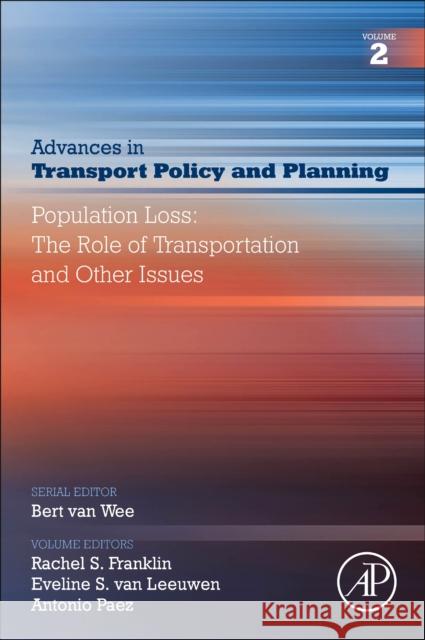Population Loss: The Role of Transportation and Other Issues: Volume 2 » książka
topmenu
Population Loss: The Role of Transportation and Other Issues: Volume 2
ISBN-13: 9780128154540 / Angielski / Miękka / 2018 / 215 str.
Kategorie:
Kategorie BISAC:
Wydawca:
Academic Press
Seria wydawnicza:
Język:
Angielski
ISBN-13:
9780128154540
Rok wydania:
2018
Numer serii:
000830726
Ilość stron:
215
Waga:
0.36 kg
Wymiary:
22.86 x 14.99 x 1.02
Oprawa:
Miękka
Wolumenów:
01
Dodatkowe informacje:
Bibliografia
Wydanie ilustrowane
Wydanie ilustrowane











